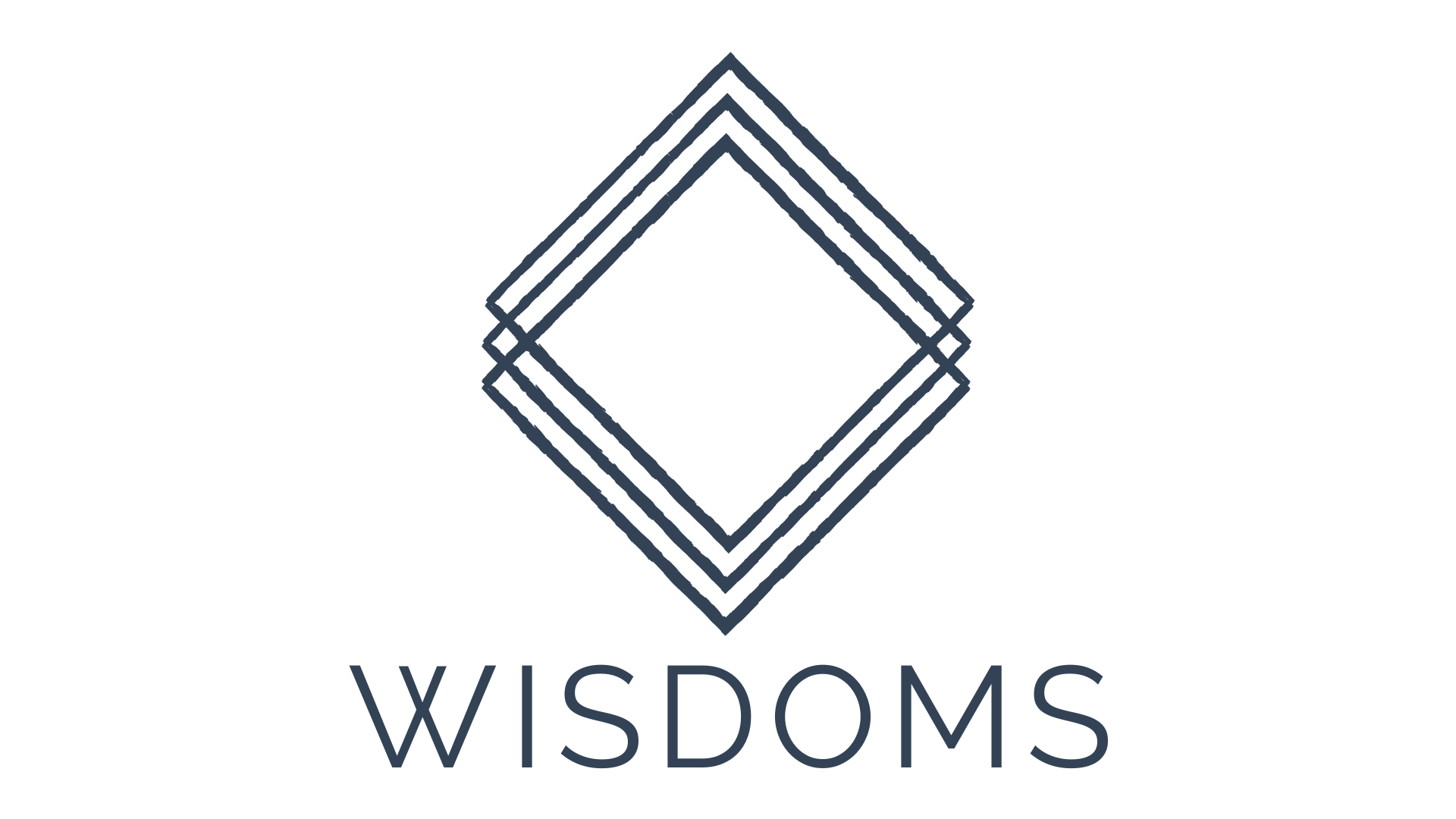The most important asset you bring, obviously to your life, but also into your business is yourself.
Your individual uniqueness is what distinguishes you and sets you apart. You want therefore to be authentic and confident.
Besides this when you believe and trust in yourself you are more resilient in the face of life’s challenges. You can make decisions that are in your best interests, not needing to unnecessarily appease others or be overly concerned with critics. That is not to say you must make yourself immune to feedback. Receiving input from others can be enlightening and lead to personal growth. But in order to take this on board with maturity it comes back to you having a strong sense of self.
Self-Confidence, Self-Esteem, Self-Concept
Al Siebert in his book, The Resiliency Advantage, identifies three inner selves that we need to strengthen in order to be more fully ourselves and better able to manage the tough stuff. They are our self-confidence, self-esteem and self-concept.
Siebert describes self-confidence as “your reputation with yourself”. In other words people with strong self-confidence expect to succeed in new activities and overcome unknown difficulties. Those who are less confident feel anxious because they are not sure they can trust themselves to cope.
One way to build your self-confidence is to list what you and others see to be your strengths and abilities. Knowing what you can rely on in yourself is really important.
Your confidence also grows when you set yourself moderately challenging goals and keep at them until you achieve them. It proves to yourself that you can persevere to the point of success.
Self-esteem is your emotional opinion of yourself. It determines how much you learn when something goes wrong. The stronger your self-esteem, the more open you are to learn from your failures or negative feedback. Those who have poor self-esteem may find they are more easily threatened and manipulated because they depend on others liking them.
To strengthen your self-esteem you need to pay attention to your self-talk. What do you say to yourself? Do you find yourself constantly criticizing yourself? What positive and true things can you say to yourself instead?
These are often called affirmations. But they can be badly interpreted as ways to fool ourselves into thinking we’re better or different than we are. Instead they are statements we can honestly say are real but maybe we’ve lost sight of this truth or didn’t dig deep enough to find those nuggets.
Could you say something to yourself like:
I am beautiful;
I can always make a plan;
The world is full of people who would love to be my friends;
I’m highly creative?
Your self-concept is the sum of your ideas about yourself. Your identity can be rooted in external factors such as your job title, income level, suburb you live in, or people you’re friends with. The problem if this is your only sense of identity is because these are not necessarily in your control, if you lost any of these you could suffer an identity crisis. Christopher Reeve, a famous actor, exemplifies a strong inner identity when, after suffering paralysis from the neck down from a horse riding accident, wrote a book called Still Me.
There may be many roles or names that describe who you are. These would include your gender, your relationships or your religious affiliation. These make up one dimension of who you are. The other more significant dimension are your inner attributes, values, principles and goals. These lie at the centre of what makes you you.
Build a strong image based on confidence, self-esteem and a positive identity and you will have the foundation to manage yourself, your goals and other people much more effectively.

